Open Access - the operation of passenger rail services without public subsidy - faces an uncertain future, because of a lack of space on already congested main lines and problems with acquiring new rolling stock.
These are among the findings of a new report from the Office of Rail and Road, which currently has a record total of seven applications in its in-tray.
Open Access - the operation of passenger rail services without public subsidy - faces an uncertain future, because of a lack of space on already congested main lines and problems with acquiring new rolling stock.
These are among the findings of a new report from the Office of Rail and Road, which currently has a record total of seven applications in its in-tray.
It is the role of the ORR to judge whether new private enterprises will generate new customers to rail, rather than merely abstracting existing customers from the present operators.
While there seems to be unprecedented interest from new entrants, they have complained of uncertainty about the new government’s investment in creating extra track capacity.
So far, the ORR and its predecessors have only approved three.
In December 2022, Grand Union Trains was sanctioned to run services between London Paddington and Carmarthen.
In March of this year, the regulator also approved the same company’s application to operate between Stirling and London via the West Coast Main Line.
For the first time, this year’s report considers prospective entries on the HS1 network, in potential competition with Eurostar.
Existing Open Access services currently only make up a tiny proportion of the total passenger market. In 2022-23, the three long-distance operators (Grand Central, Hull Trains, and Lumo), together with Heathrow Express, only accounted for 0.6% of total journeys and 2.4% of income.
Compared with those operators supported by the taxpayer, Open Access services saw fewer service cancellations, with punctuality and reliability the primary driver of complaints.
Most have also recovered well after the COVID pandemic, largely because they cater more for the leisure market. This is doing much better than business and commuter traffic, where some of its traditional clients are choosing to work at home.
Deep-seated problems for newcomers relate to strikes, securing suitable rolling stock, and a shortage of new drivers from the existing small pool (they have to be offered high salaries to jump ship).
ORR conducted a detailed survey of the congested East Coast Main Line, where three private operators compete with state-owned LNER.
It found that Grand Central passengers made the most complaints about punctuality and reliability, while Hull Trains was the worst for making people stand. LNER scored badly for its on-train facilities and for its ticket and refund policy, even though it was quickest to settle claims.
In terms of train punctuality. Grand Central scored less than 70% in the 12 months up to March this year, because of its unreliable Class 180 diesel multiple unit fleet. Hull Trains fared best (85%).
Potential new entrants have complained to ORR about obstacles to filing their applications - most notably slow responses from Network Rail, which they say stifles their ability to plan properly and secure investment. Some say they have been asked more questions than others, and that it is also difficult to obtain timetable slots.
The number of suppliers of new rolling stock is shrinking, while rolling stock leasing companies (ROSCOs) seem reluctant to engage until the operator has obtained access rights.
This means that many surplus trains currently in storage are deteriorating through neglect.
Offering ROSCOs a contract to run and maintain these trains for five years could provide a temporary solution while alternative arrangements are made.
There are also questions as to whether station ticket machines are able to cope with the increasing choice of travel options.
Seven Open Access hopefuls
- Alliance Rail (five daily services between Cardiff and Edinburgh using Voyager Class 22X diesel multiple units, with stops at Birmingham New Street and Newcastle).
- GO-OP (Taunton to Swindon or Weston-super-Mare).
- Grand Central (Arriva - to Bradford, Wakefield and York, and additional stops at Peterborough).
- Hull Trains (FirstGroup - two additional return services from King’s Cross to Sheffield, one extending to Meadowhall, and King’s Cross extra).
- Lumo (FirstGroup - Euston to Rochdale, extending some London-Edinburgh services to Glasgow, and additional daily Newcastle-London service).
- Virgin Group (35 services a day from Euston to various West Coast Main Line destinations).
- Wrexham, Shropshire & Midlands Railway (five daily services from Euston to Wrexham, with stops such as Shrewsbury, Wolverhampton, and Milton Keynes).
Login to continue reading
Or register with RAIL to keep up-to-date with the latest news, insight and opinion.

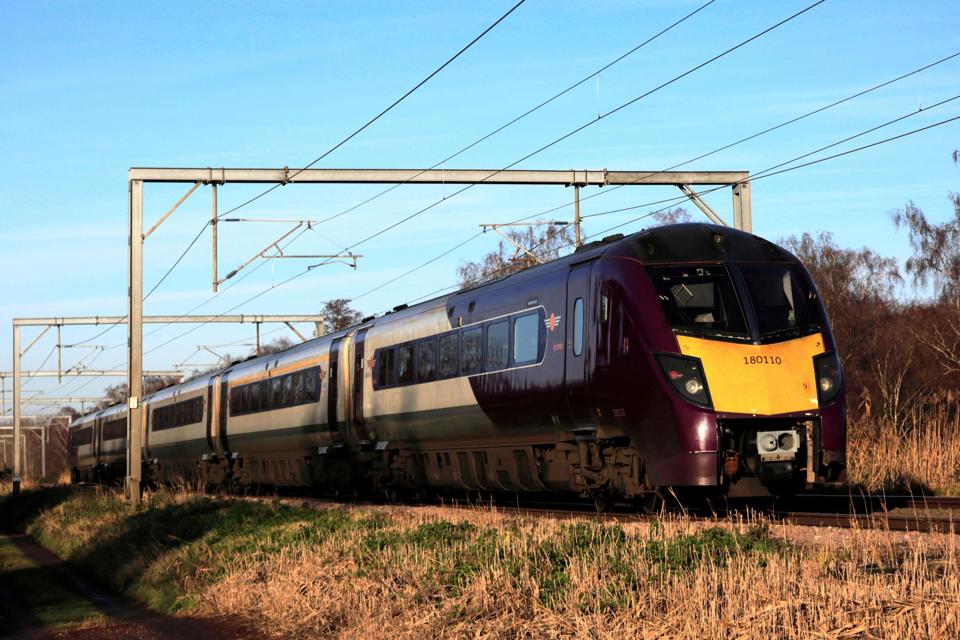

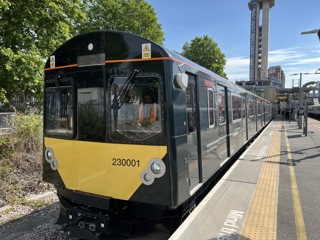
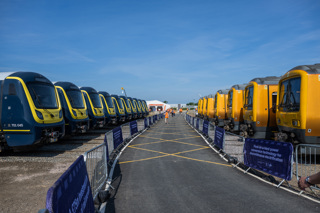
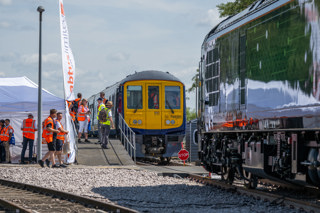
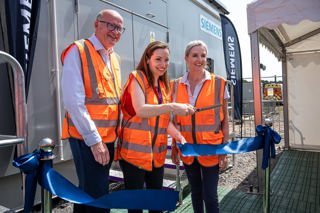












Login to comment
Comments
No comments have been made yet.